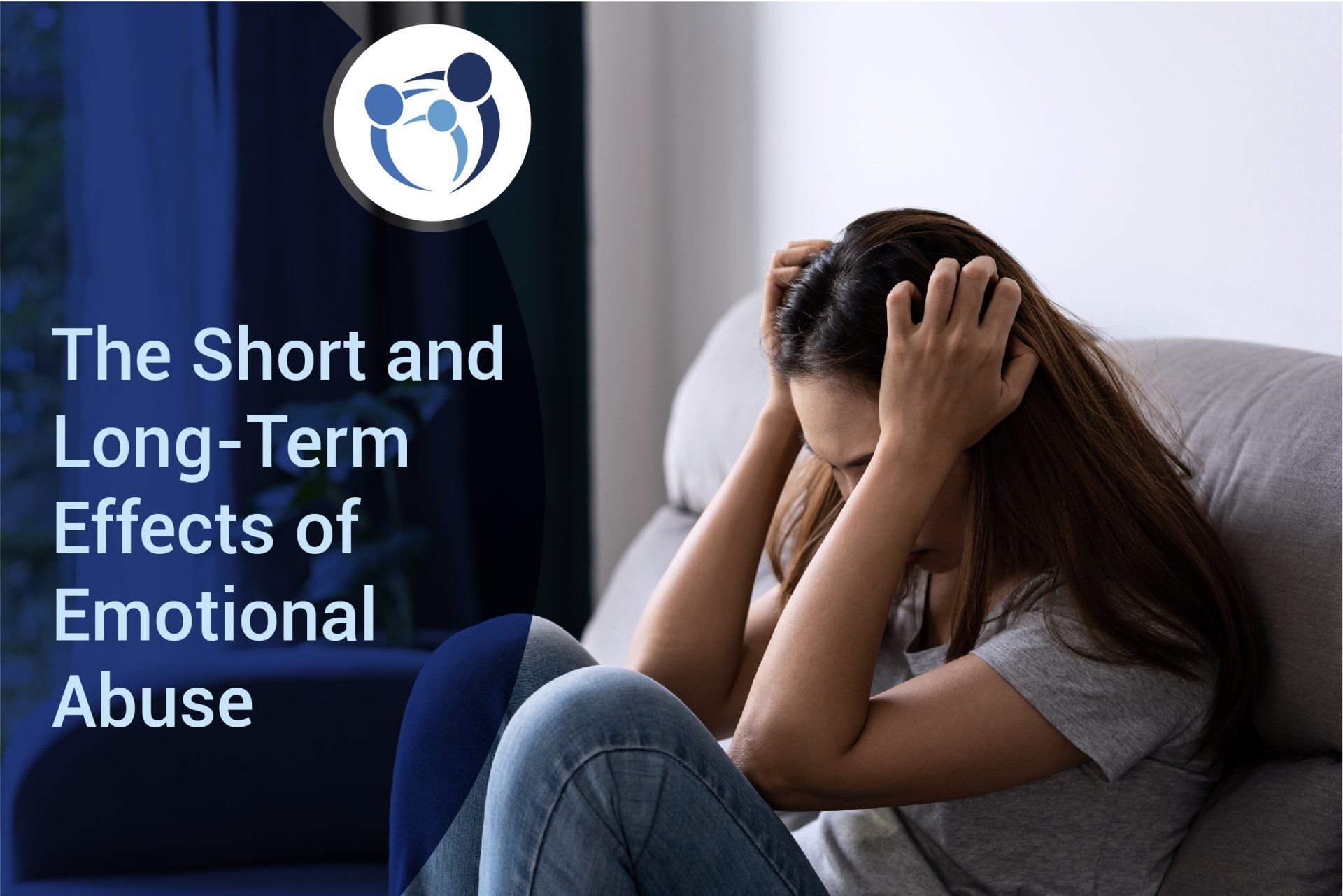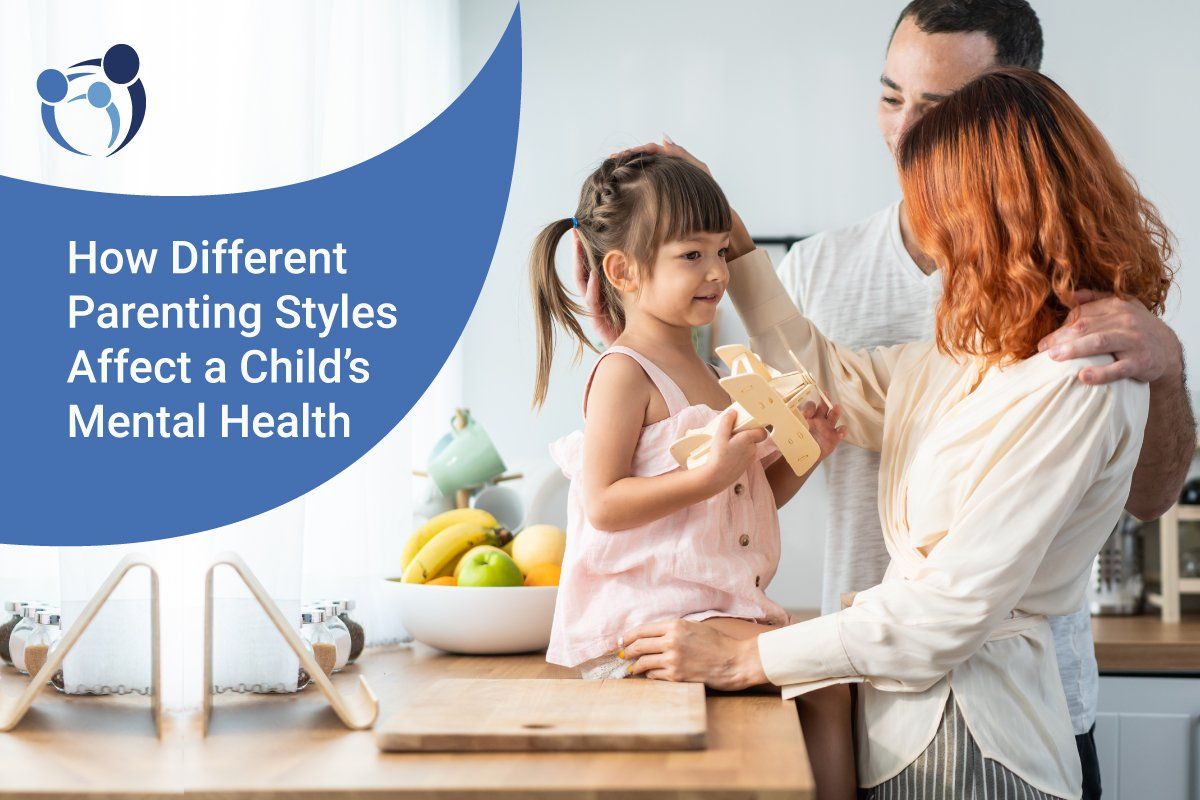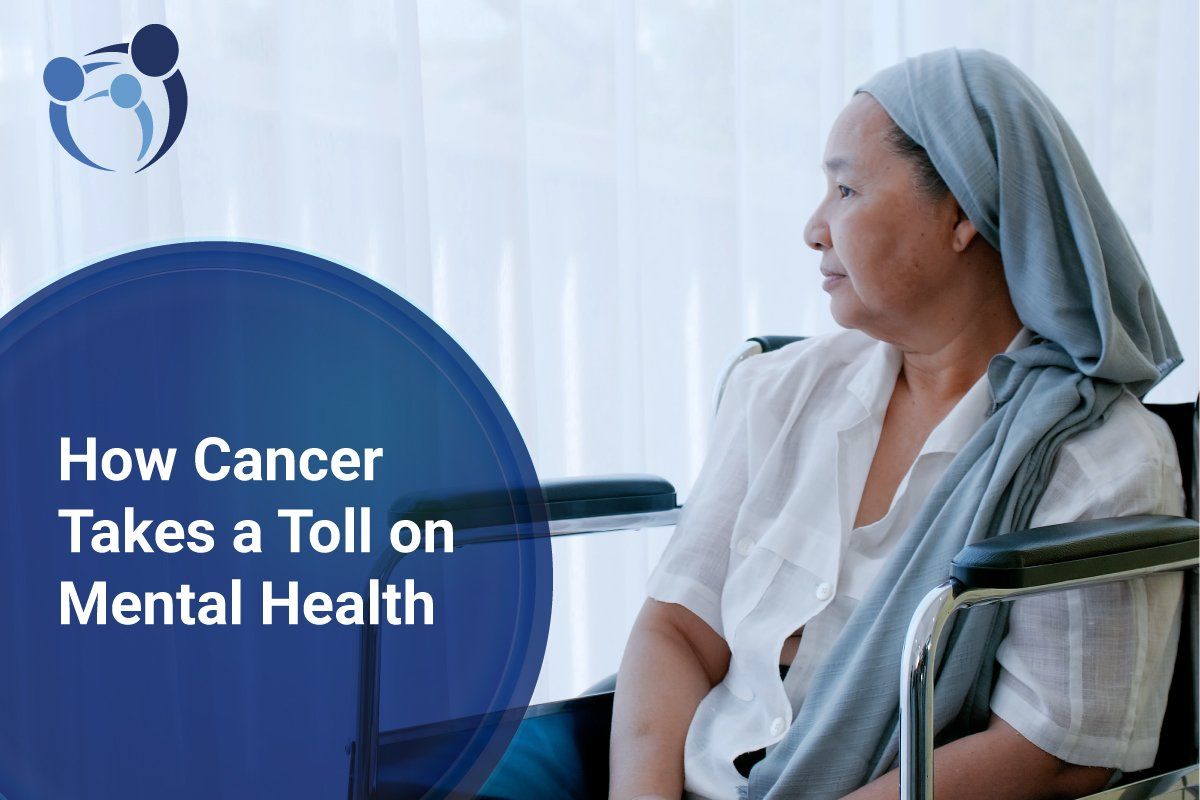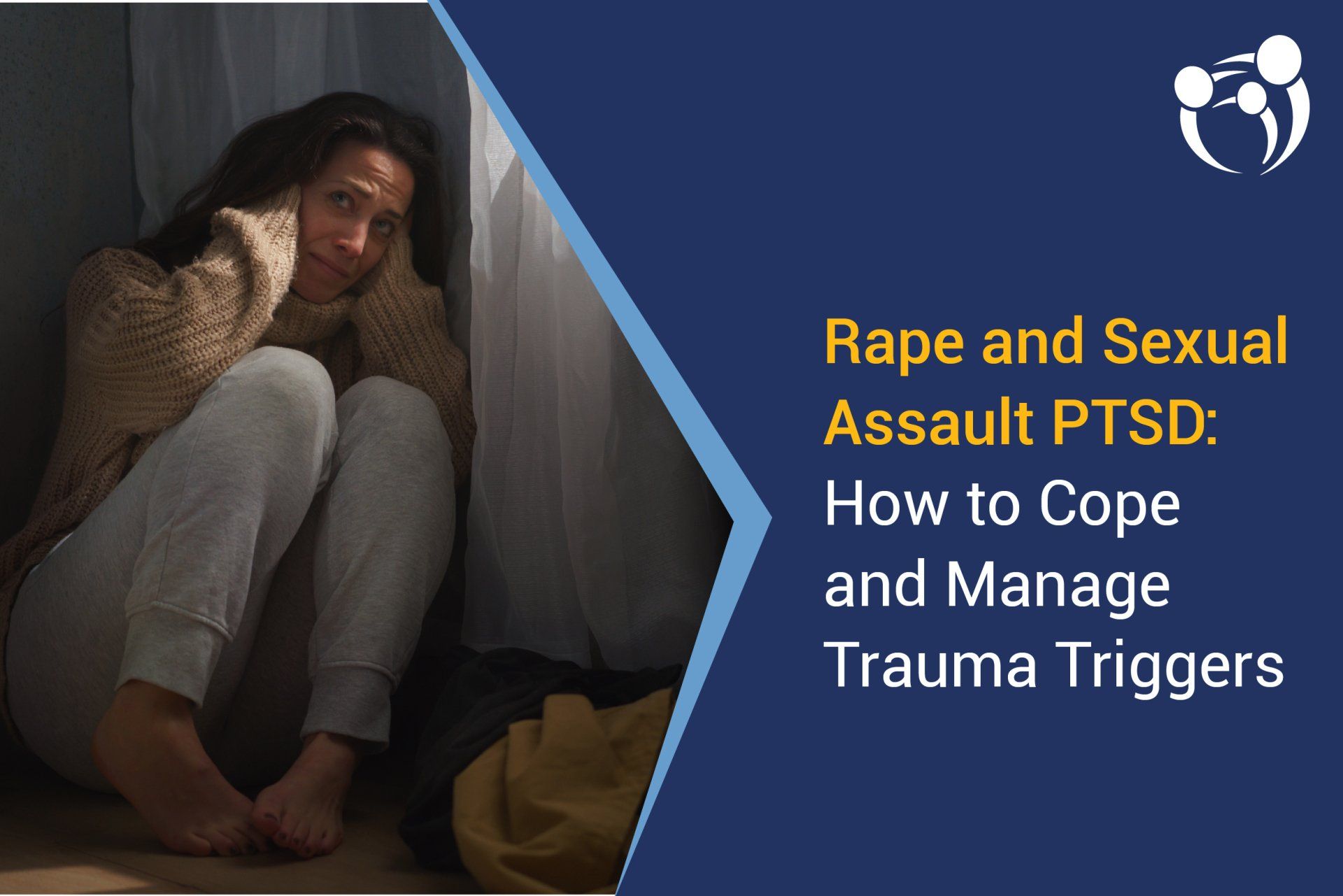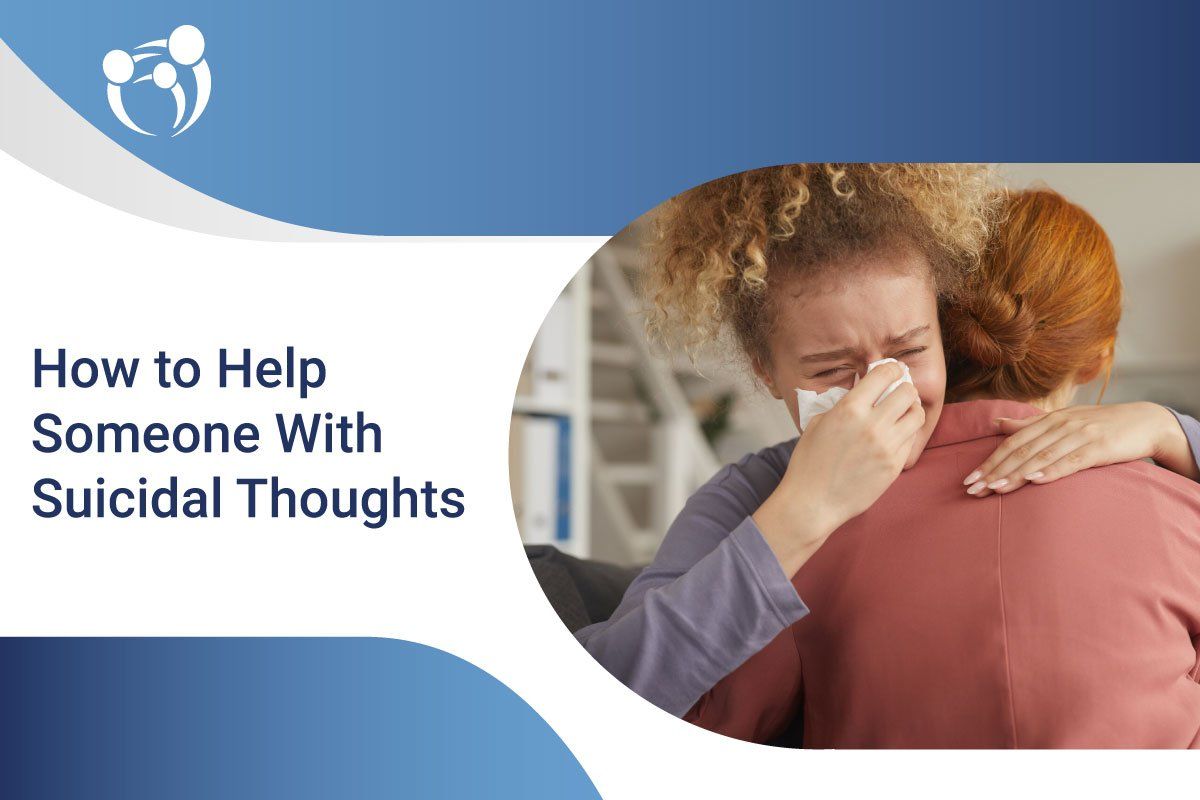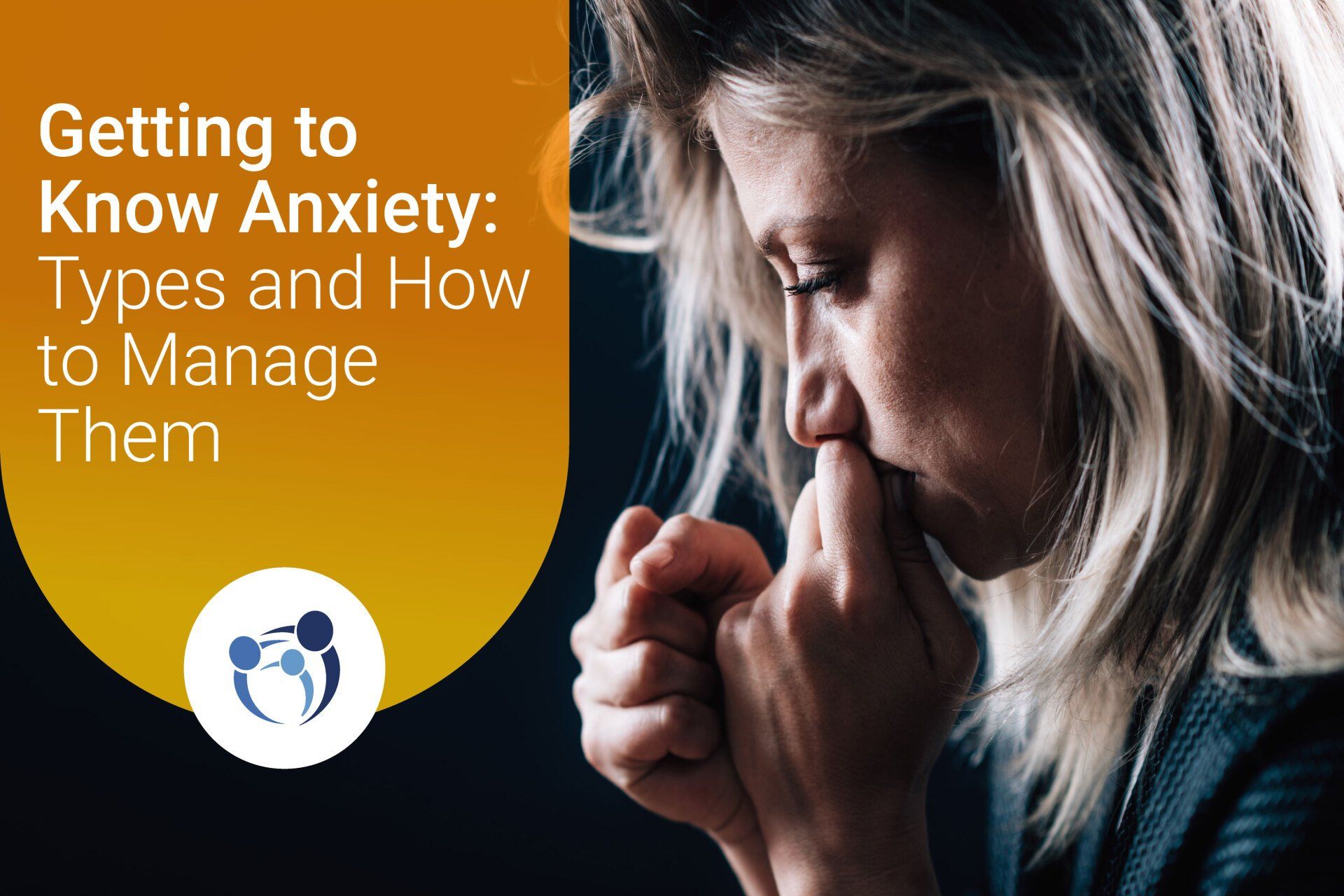When we think of abuse, the first thing that comes to mind is physical abuse. However, it does not pertain to that alone. Another form of abuse we refer to is emotional abuse, and it is as severe as physical.
Types of Emotional Abuse
A person may experience emotional abuse from different people in their lifetime. The sources of abuse can come from
- Romantic partners
- Parents
- Colleagues from the workplace
Emotional Abuse from Relationships
In a romantic relationship, people may not experience manipulation at first. However, it may occur when one partner is toxic, and the connection leads to an unhealthy path.
Some signs of mistreatment are:
- Use of weapons to threaten you
- Name-calling and insulting words
- Prevents you from leaving the house
- Threatens to hurt the children, members of your family, or even pets
- Track your movements by knowing where you go or to whom you are talking
- Isolates you from your family and friends
- Gaslighting
- Accused you of cheating
- Controls your appearance
- Disrespect and cheats on you
- Never trusts you
- Invalidates your feelings
If you find any of these signs in your relationship, ask your partner to seek help when they are ready.
Parental Emotional Abuse
Emotional abuse can also happen between parents and children. Contrary to some beliefs, a family member can also likely abuse a child more than any stranger.
Some signs of parental abuse may include:
- Shouting or threatening a child
- Telling a child that they are a mistake
- Letting the child feel that they are unimportant
- Giving silent treatment as a sign of punishment
- Name-calling and insulting
- Comparing the child to other kids
- Humiliating or belittling the child in front of other people
Children who suffer emotional abuse cannot stand for themselves and grow up believing it was their fault. They may not heal from the emotional baggage, thus, affecting their relationships later on.
Emotional Abuse in the Workplace
Abuse in the workplace often goes unnoticed and may occur in several forms, from intimidation, too much workload, or unfair treatment. The abuse can come from a superior or colleague humiliating a subordinate. When an employee is subject to abuse, it may lead to an unfinished task or poor performance due to fear and feeling humiliated. It can also lead to more profound emotional effects on the person's self-esteem.
Short-term Effects of Emotional Abuse
The initial reaction is to deny the presence of mistreatment and manipulation in the relationship. Aside from denying the tell-tale signs, you may develop other emotions like:
- Fear
- Shame
- Confusion
- Lack of hope
- Worthlessness
Emotional distress can also manifest in physical side effects and behavioral changes. You may observe changes in your body:
- Fast heart rate
- Difficulty in concentrating
- Nightmares
- Moodiness
- Tension in the muscles
- Unexplained aches and pains in the body
Long-term Effects of Emotional Abuse
Long-term effects of emotional abuse damage the physical and psychological aspects.
Other health-related issues may exhibit as well:
- Anxiety
- Insomnia
- Chronic fatigue syndrome
- Chronic pain
- Guilt feelings
- Social withdrawal
A person who has suffered emotional abuse, whether as a child or as an adult, may find it hard to trust again. They will likely chase undeserving persons and get involved in toxic relationships.
Can Emotional Abuse Lead to PTSD?
Post-traumatic stress disorder is a mental disorder that may happen in people who have witnessed or underwent a traumatic event. Not all people who had emotional abuse have PTSD. However, your doctor may come up with a PTSD diagnosis when you experience fear for an extended period or if you are under a high level of stress that interferes with your daily activities.
Other symptoms of PTSD emotional abuse are:
- A sudden outburst of emotion
- Developed negative thoughts
- Insomnia
- Rapid heart rate
- Nightmares
- Flashbacks of violence or abuse
PTSD in children may show signs like:
- Tries to avoid people or places associated with the traumatic event
- Reliving the abusive incident over and over in play
- Sleep problems and nightmares
- Intense fear or sadness
- Changes in behavior like irritability and sudden angry outbursts
- Feeling hopeless and withdrawn
- Denying that the abuse took place
Tips for healing and recovery
Victims must know that it is not their fault and should stop blaming themselves for the transgressions.
Some tips for recovering may include:
- Focus on sleep to relax your mind and get some rest for your body
- Eat a balanced diet and do not skip meals
- Be active
- Do volunteer work
- Talk to your family and friends
- Seek professional help
We Are Here to Help
A Center for Mental Wellness understands what you are going through. You don’t have to suffer alone. Our trained clinicians have the best treatment plan for recovering from emotional abuse and PTSD.
Call us at
(302) 674-1397 to schedule an appointment.
